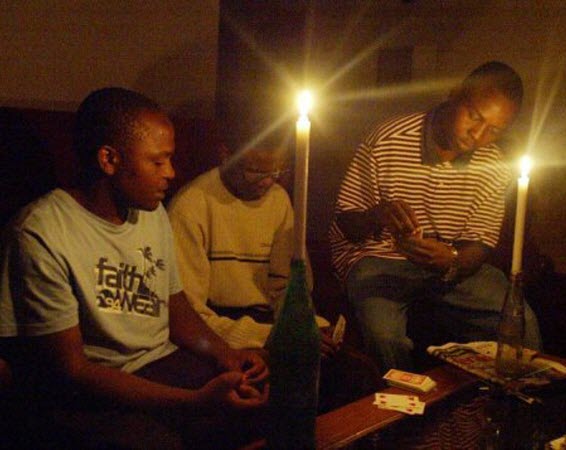There are no products in your shopping cart.
| 0 Items | £0.00 |

 GERMAN engineering giant Siemens intends to sign a major electrification plan with the federal government as part of a comprehensive programme to address Nigeria's chronic power supply crisis.
GERMAN engineering giant Siemens intends to sign a major electrification plan with the federal government as part of a comprehensive programme to address Nigeria's chronic power supply crisis.
Plagued by a chronic problem of inadequate electricity supply, Nigeria only generates about 4,297MW, which is about only 10% of demand. This has resulted in most people having to use private generators, with a devastating environmental effect as diesel fumes and noise pollution are now the norm in most Nigerian cities.
Nigeria generates most of its electricity from gas-fired power plants, while output from hydropower plants makes up about 30% of the total. Nationally, the Transmission Company of Nigeria, which manages the national grid, is still fully owned and operated by the government but it has constantly suffered from collapses over the years amid a lack of spinning reserves meant to forestall these recent occurrences.
Last week, President Muhammadu Buhari's chief of staff Abba Kyari, had meetings with power distribution companies and other stakeholders in the power sector and projects that the German government could help with were examined. Joe Kaeser, Siemen's chief executive will be visiting Nigeria to sign a letter of agreement with President Buhari on implementing the road map.
Apparently, this project is similar to the Egypt megaproject and the Iraq electrification scheme recently awarded to Siemens. Apparently, the Nigerian Electrification Roadmap initiative came to being following the meeting between President Buhari and German Chancellor, Angela Merkel on August 31, 2018.
This initiative is aimed at resolving existing challenges in the power sector and expanding the capacity for future power needs. Projects for the phase one of the road map would span transmission and distribution segments of the value chain, including software maintenance and support for four years for the Transmission Company of Nigeria (TCN) and 11 distribution companies (Discos).
In developing the road map, Siemens engaged relevant stakeholders in the sector at different times and fora, with the Bureau of Public Enterprise acting on behalf of the federal government. The outcome of a workshop facilitated by Siemens in October with the Federal Ministry of Power, Works and Housing, the Nigerian Electricity Regulatory Commission and the TCN, was said to have been developed into the road map, which was submitted to President Buhari in November.
There were further engagements with the Discos and the TCN including field visits in January this year and another workshop was organised and facilitated by Siemens in March to further identify and validate projects for the phase one of the road map. More than five years after the privatisation of the sector, the investors who took over the six generation companies and 11 Discos that emerged after the unbundling of the Power Holding Company of Nigeria are still grappling with the old problems in the sector.
Among other things, the sector is plagued with problems of gas supply shortages, limited distribution networks, limited transmission line capacity, huge metering gap, electricity theft, and high technical and commercial losses, among others. Total power generation stood at 3,841.2 megawatts as of 6am on Sunday, according to data from the Nigeria Electricity System Operator, an arm of the TCN.